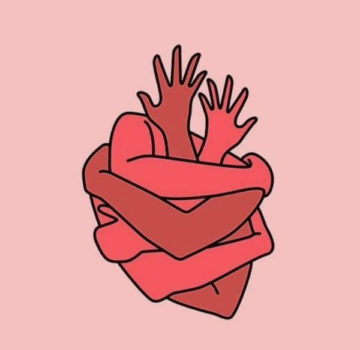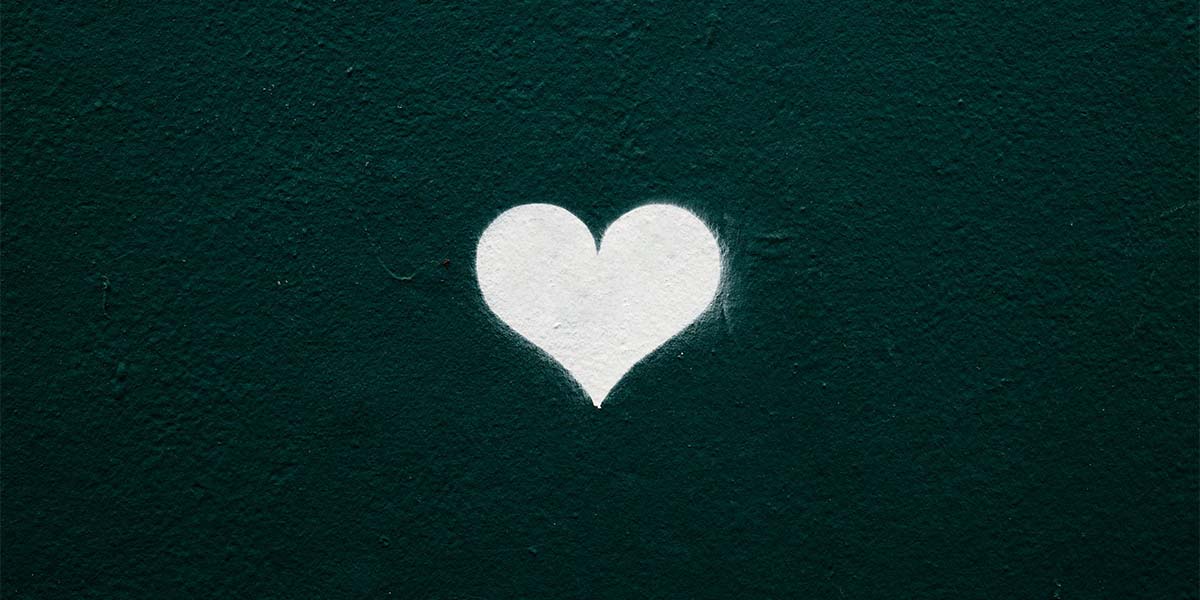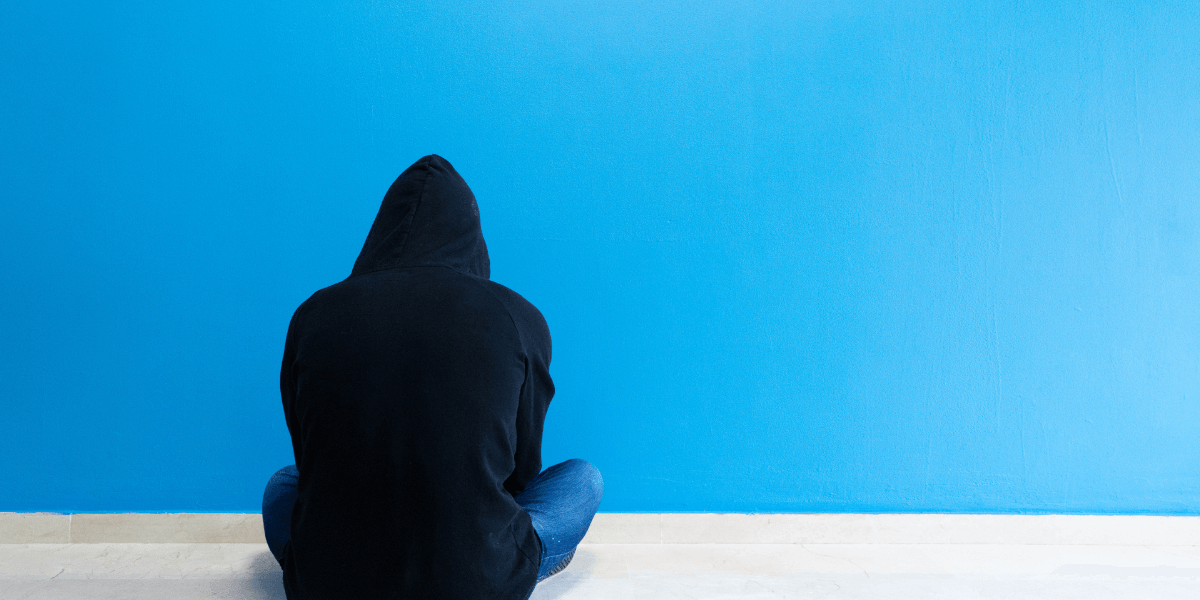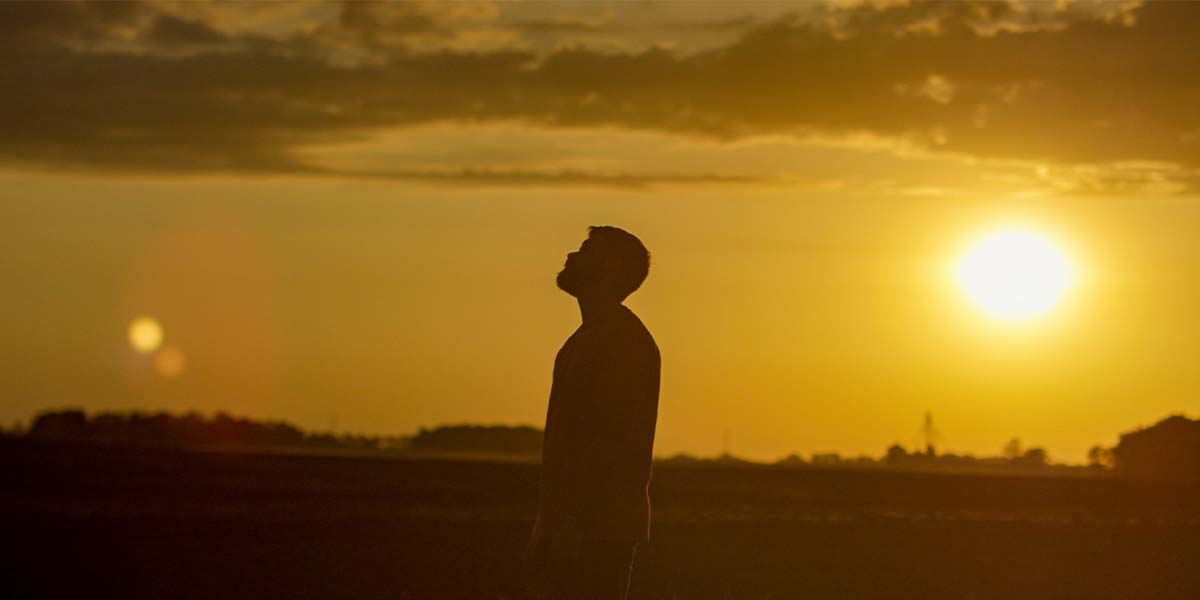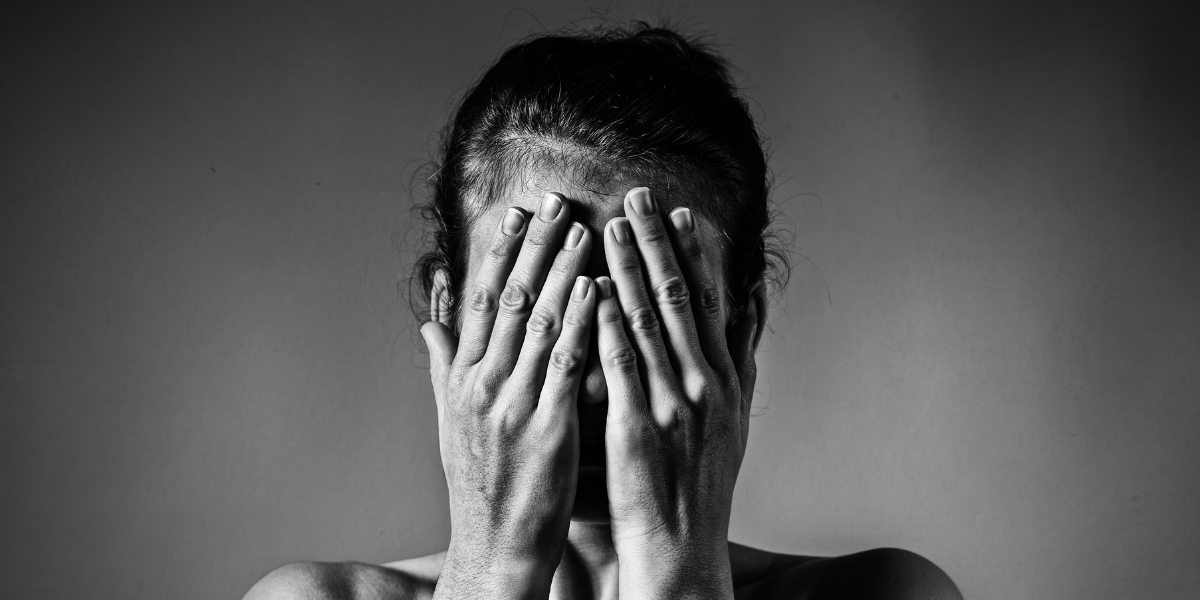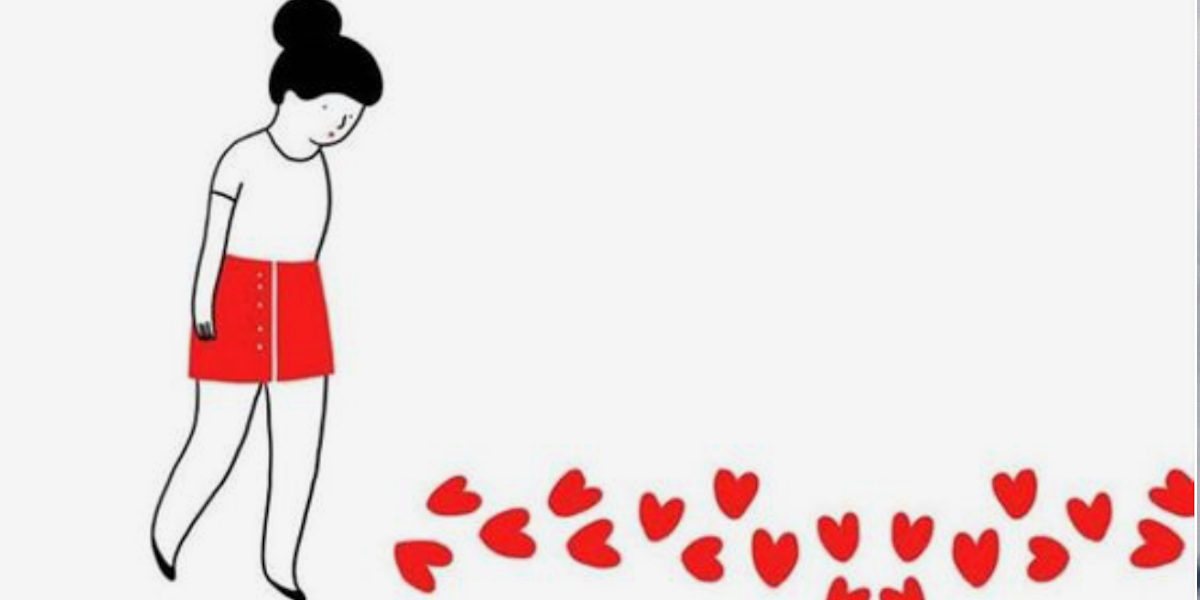
Overcoming Valentine’s Day Depression
Although most don’t usually associate Valentine’s Day with feelings of sadness and depression, this holiday can be a sad or stressful time for many. If you are experiencing feelings of depression, anxiety, or dread around Valentine’s Day, you are not alone. Many singles find that Valentine’s Day can be a vulnerable time that causes them to examine why they are not in a relationship, bringing insecurities and feelings of loneliness to the surface. Even in relationships, mismatched feelings and opinions about the meaning of Valentine’s Day can create their own set of problems. While some think that a day devoted to celebrating love is heart-warming and inspiring, others may see this holiday as a way for corporations to capitalize on our desire to love and be loved. Regardless of your opinion on the holiday or your relationship status, Valentine’s Day can bring up a lot of issues.
Thinking about Loss on Valentine’s Day
If you have lost a loved one, ended a relationship, or suffer from disappointment in your love life, Valentine’s Day can be a depressing occasion. These feelings may be heightened by the effects of the global pandemic, isolation, and social distancing. If you are reminded of loss during Valentine’s Day, keep in mind that these feelings are natural and normal. Although it may be tempting to avoid or ignore your feelings, allowing yourself to feel the aftermath of loss is an important part of the healing process. Seek the assistance of a trained counselor if you are experiencing grief or feelings of depression surrounding the loss of a relationship or the death of a loved one.
Seasonal Affective Disorder
Depression during the winter months could be the result of Seasonal Affective Disorder (SAD). While many feel blue around Valentine’s Day, SAD could worsen pre-existing feelings of depression surrounding the holiday. Symptoms of SAD may start out mild and become more severe as the season progresses, which would explain feeling more depressed around Valentine’s Day since SAD tends to creep up in the late fall each year.
Signs and symptoms of SAD may include:
- Feeling depressed most of the day, nearly every day
- Losing interest in activities you once enjoyed
- Having low energy
- Having problems with sleeping
- Experiencing changes in your appetite or weight
- Feeling sluggish or agitated
- Having difficulty concentrating
- Feeling hopeless, worthless or guilty
Tips For Singles on Valentine’s Day…
Just because the holiday has been popularized as a romantic celebration doesn’t mean you can’t celebrate the other kinds of love you have in your life. This includes celebrating friends, family, pets, and yourself. Instead of focusing on the absence of a romantic relationship, attempt to acknowledge the supportive relationships that you have. Plan a Zoom-call happy hour with friends or grab dinner with a friend or family member. Practice gratefulness by texting someone you love and telling them why you value them in your life. Don’t forget to show yourself love, too! Engage in some of your favorite self-care activities like reading a new book or taking a relaxing bath. If you’re feeling spontaneous, you could even spend some time crossing something exciting off your bucket list.
Tips For Couples on Valentine’s Day…
Having mismatched or unspoken expectations surrounding Valentine’s Day can create conflict and hurt feelings for many couples. Having a conversation prior to Valentine’s Day is necessary in order to reduce the stress and anxiety surrounding the holiday. These conversations will be more successful if they happen before the day arrives, as you may end up in a fight if one or both of you didn’t get your expectations met. Having an intentional conversation where both people are able to express their feelings about the holiday, discuss clear expectations and share what the other does best to make them feel cherished, courted, and appreciated leaves little room for disappointment. It also offers the opportunity for couples to create a shared sense of meaning. Dr. John Gottman‘s research found that a couple’s sense of shared meaning is a crucial part of a healthy and long-lasting relationship.
Shared meaning occurs when a couple creates a shared “relationship symbol” and Valentine’s Day can serve as one of these symbols. For example, if both agree that Valentine’s Day is a bit corny, but one expresses that they think it might be a nice time to express gratitude for one another, the couple can create a plan for Valentine’s Day that embodies both attitudes about the holiday in a way that makes sense to them. You do not have to take a one-size-fits-all approach when celebrating a holiday – especially one that focuses on love. Your love is unique, and the way that you define, express, and celebrate your love should be, too.
Seeking Help
If you are experiencing symptoms of SAD, feelings of depression, anxiety, or grief, please don’t hesitate to seek help. Find a Lifeologie therapist near you at https://wefixbrains.com/locations.

About Lifeologie
Lifeologie Counseling was founded in 2000 with one goal in mind — to bring a fresh, innovative approach to the everyday problems of life. Creative solutions to stuck problems®. With our unique multi-specialty, collaborative approach, Lifeologie Counseling helps individuals and families heal their wounds and break out of old, unhealthy patterns.
